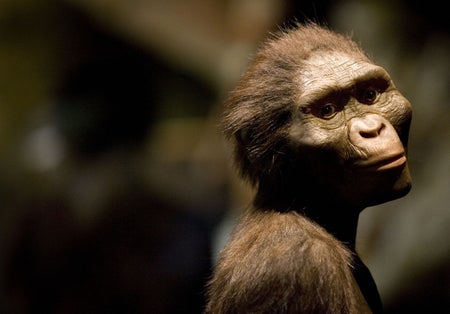
Run, Lucy, Run! Human Ancestors Could Jog but Not Very Far or Fast
Three-dimensional models of Australopithecus afarensis hint at the muscular adaptations that made modern humans better runners
Gemma Conroy is a freelance science journalist based in Sydney, Australia.

Run, Lucy, Run! Human Ancestors Could Jog but Not Very Far or Fast
Three-dimensional models of Australopithecus afarensis hint at the muscular adaptations that made modern humans better runners

China-U.S. Science Collaborations Are Declining, Slowing Key Research
The U.S. and China are collaborating less on projects across scientific disciplines amid a culture of fear in both countries
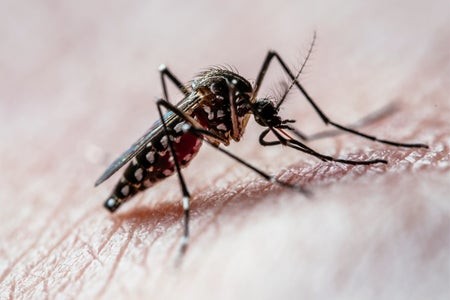
These Hormones Drive Bloodlust in Mosquitoes
Mosquitoes carry a pair of hormones, one of which drives bloodlust while the other signals satiation, scientists say
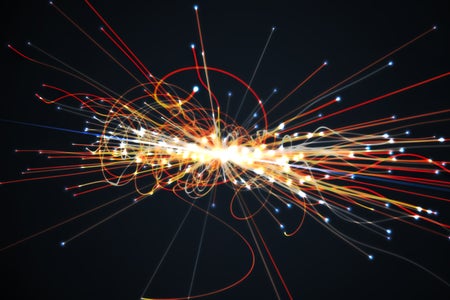
China Has Plans for the World’s Largest Particle Collider
China wants to build a next-generation particle collider that would be cheaper and more powerful than Europe’s planned successor to the Large Hadron Collider
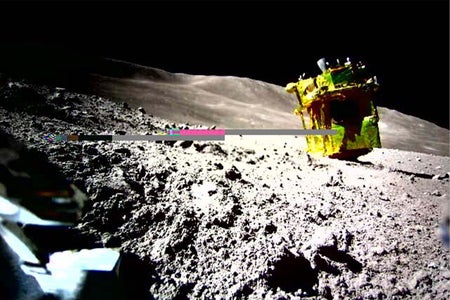
Japan’s SLIM Mission Is Revived on the Moon
After a nine-day shutdown, the upside-down lunar lander received enough sunlight to power up again

China’s New Dark Matter Lab Is Biggest and Deepest Yet
The world’s deepest and largest underground laboratory is scaling up its search for dark matter

What’s Causing the Mysterious Wave of Childhood Pneumonia in China?
A surge in respiratory disease in China appears to be caused by known pathogens, but the pattern of infections is still unusual
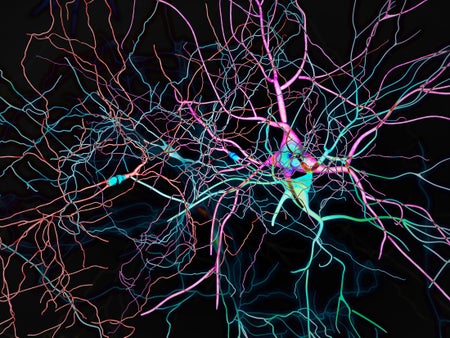
This Is The Largest Map of The Human Brain Ever Made
Researchers catalogue more than 3,000 different types of cell in our most complex organ
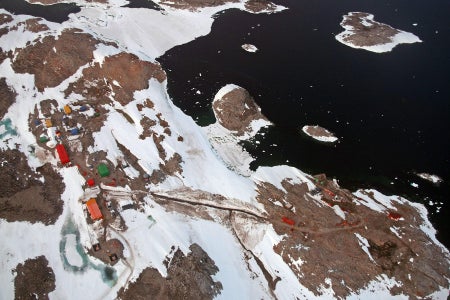
Antarctic Research Stations Polluted a Pristine Wilderness
Historical bad practices have left a legacy of pollution in the fragile ecosystem of Antarctica, but efforts are underway to chart a better future
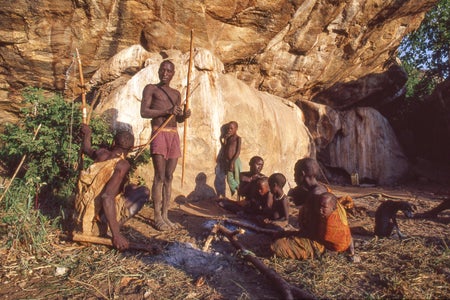
Modern Hunter-Gatherers Have Thriving Gut Microbiome, Compared with Californians
A Western lifestyle seems to diminish the diversity of gut microbes
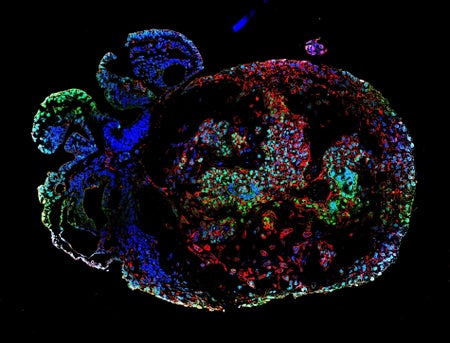
Lab-Grown Monkey Embryos Reveal in 3-D How Organs Begin
At 25 days old, these specimens could be the oldest primate embryos ever grown outside the womb
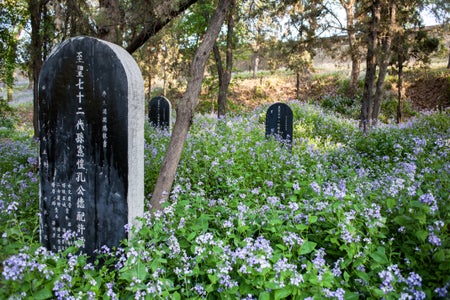
Graveyards Are Surprising Hotspots for Biodiversity
Even the smallest burial sites could help conserve natural habitats in agricultural landscapes
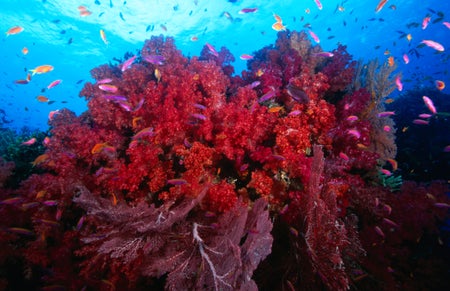
Seabird Poop Speeds Up Coral Growth
Conservation plans should consider such links between land-based and marine ecosystems
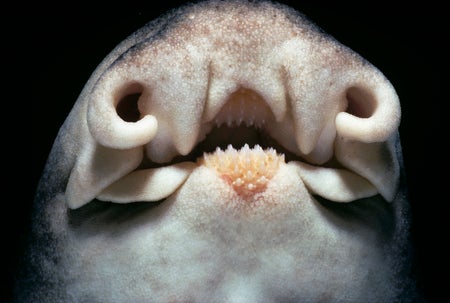
Warming Waters Could Make Sharks “Right-Handed”—and Deadlier
New findings reveal how rising ocean temperatures could boost sharks’ thinking, potentially disrupting food chains